September 18–19, 2023
September
18
,
15:30
CEST
CET
/
9:30 am
EDT
EST
18
,
2023
–
September 18–19, 2023
Clinton Global Initiative
Watch Clinton Global Initiative live on We Don't Have Time

September 18–19, 2023
September
18
,
15:30
CEST
CET
/
9:30 am
EDT
EST
18
,
2023
–
September 18–19, 2023
Watch Clinton Global Initiative live on We Don't Have Time

.jpg)
With more than 2,000 leaders attending and 3,900 Commitments, the 2022 Clinton Global Initiative meeting was remarkable.
On September 18-19, the Clinton Global Initiative will gather again in New York City. This year’s meeting will focus on what it takes to keep going—to maintain and advance progress, in spite of the difficulties that arise, and increase our capacity to cross the divides and make common cause with one another wherever possible to build a stronger future for all. We’ll hear from those who are tackling some of today’s most pressing issues, including climate change, health inequities, food insecurity, economic inequality, threats to democracy around the world, and record-breaking refugee displacement. We will examine ways to channel energy and investment to scale solutions that are already improving people’s lives, and explore how tools like AI can be responsibly harnessed for good.
Join us live on We Don't Have Time.
This broadcast is part of The Climate Hub at Climate Week NYC. Full day-by-day program.
How to watch and interact?
The best way to experience our broadcasts is with the help of our app. Download our app and join the dialogue: 📲 Apple App Store 📲 Google Play 🌐 Web app (browser version)
All times are in Eastern Daylight Time. Find your local time here.
This broadcast is part of The Climate Hub at Climate Week NYC. Full day-by-day program.




















Sophia Kianni is an Iranian-American environmentalist studying climate science and public policy at Stanford University. She is the founder and executive director of Climate Cardinals, an international nonprofit with 8,000 volunteers in 40+ countries working to translate climate information into over 100 languages. She represents the U.S as the youngest member of the inaugural United Nations Youth Advisory Group on Climate Change. She has been named VICE Media’s youngest Human of the Year, a National Geographic Young Explorer, and BuzzFeed’s youngest Woman to Watch.
-min.png)
We Don't Have Time is the world's largest social media for climate solutions. Our network connects you with everyone who wants to solve the climate crisis. Read climate news in one place and join the climate dialogue with corporate and governmental leaders. Download our mobile app or sign up on WeDontHaveTime.org
The Clinton Global Initiative (CGI) brings together established and emerging global leaders to create and implement solutions to the world’s most pressing challenges. CGI works with partners to develop Commitments to Action — new, specific, and measurable actions in climate resilience, health equity, and inclusive economic recovery and growth.
Join We Don't Have Time and get notified about our upcoming events and broadcasts

© 2026 We Don't Have Time – All rights reserved.
We Don't Have Time is the world's largest media platform for climate action—with a mission to democratize knowledge about climate solutions and inspire and mobilize global action toward a prosperous, fossil-free future. The content of the We Don't Have Time media platform is user-generated. The We Don’t Have Time organization does not automatically endorse users’ opinions and claims. All users of We Don’t Have Time have subscribed to We Don’t Have Time’s Terms of Use, which, among other things, prohibits hateful, abusive, and violent content. If you discover content that violates our Terms of Use, please notify us immediately. The platform is operated by the company WeDontHaveTime AB (publ), whose majority shareholder is the WeDontHaveTime Foundation. The Foundation’s principal purpose is to contribute to a reduced climate impact and an ecologically sustainable environment. Our headquarters is located in Stockholm, Sweden.
Please read our Privacy Policy and our Cookie Policy.